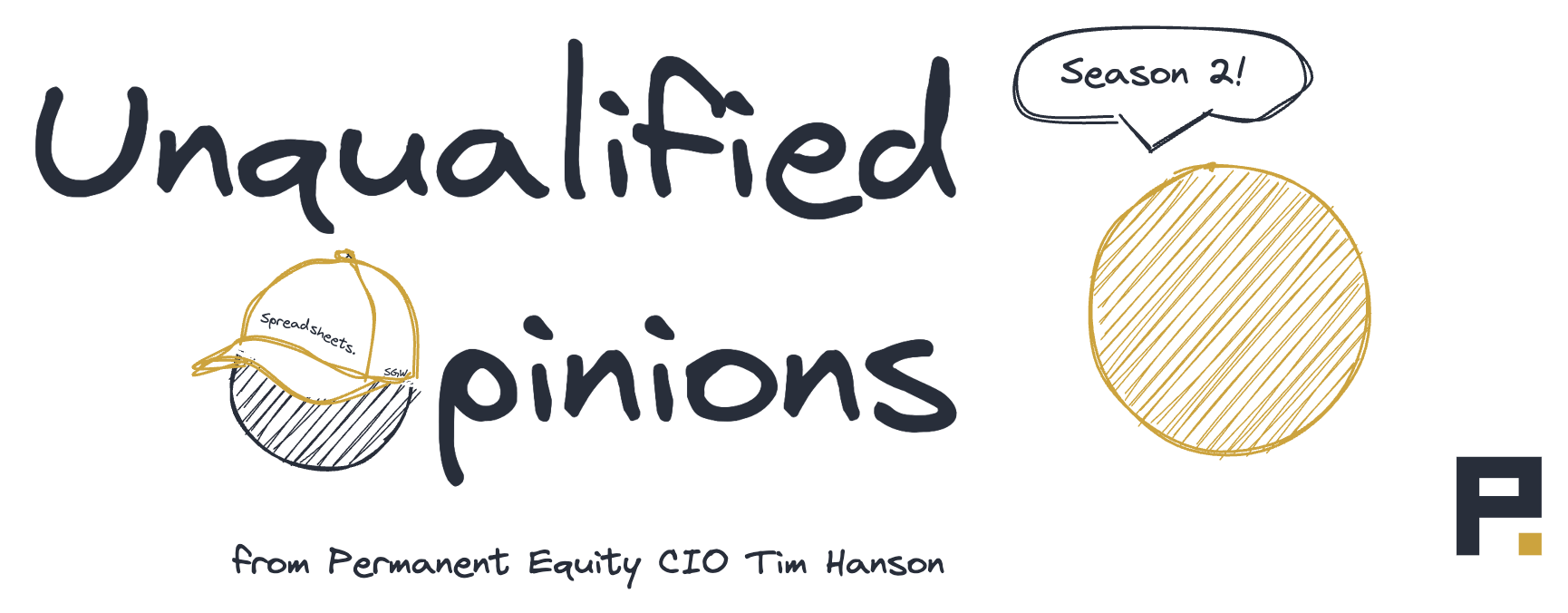Risk and Recovery
I know I’m repeating myself when I say that one of the benefits of writing daily about things that interest you is that other people read about the things that interest you and then curate the internet on your behalf by sending you things they think might interest you, but it really is a nice perk. So it went the other day as I opened my email while drinking my morning coffee to find a note from Johnny that said “From James Clear…Seems like something that would be of interest to you…”
And it was!
If you don’t know James Clear, he’s an author and authority on habits and decision-making. He has books and a newsletter, and it was from his newsletter than Johnny passed along this:
One filter I use for making decisions: How much can I influence the outcome after the initial choice is made?
When I can do a lot to influence the outcome, I’m less worried about risk. Even if the choice appears risky on the surface, I can likely create a good outcome with effort.
When I can’t do much to influence the outcome, I’m more risk averse. Even my best effort won’t move the needle. Your ability to influence the outcome after a decision is made is a crucial thing to consider.
On its face, this seems like sound advice. If you have more agency, try to do more, because (1) your ability can make good things happen and (2) if good things don’t happen, it was your fault anyway.
But what this advice ignores is how consistently (1) people overestimate their ability to influence outcomes and (2) how often the world conspires against our best efforts.
I try to avoid politics in this space, but I don’t think it’s political to point out that when Russia invaded Ukraine in February 2022, it thought the war would be over in 10 days! There’s really no situation where someone can think they have more agency than a global superpower choosing to invade another country, but here we are.
Taking it down a notch, our COO Mark feigns offense whenever I tell someone that when we underwrite an investment, we don’t assume that we can do anything to make the business better. But it’s true (and no, that’s not me disrespecting our Ops team). Rather, it’s acknowledgment that even when you think you have 100% agency, you probably don’t and further that making any prediction come true is an incredibly difficult task.
Does this mean you shouldn’t take risks? Heck no. But I think the better framework for thinking about them is: Can you recover if they materialize or will there be permanent damage done? In other words, if I were to revise James Clear’s advice, I’d put it this way:
One filter I use for making decisions: If my choice is a bad one, can I recover from the consequences of it?
When I can recover from the consequences, I’m less worried about risk.
When I can’t recover from the consequences, I’m more risk averse. Your ability to recover from the risk you are taking after a decision is made is a crucial thing to consider.
– By Tim Hanson

